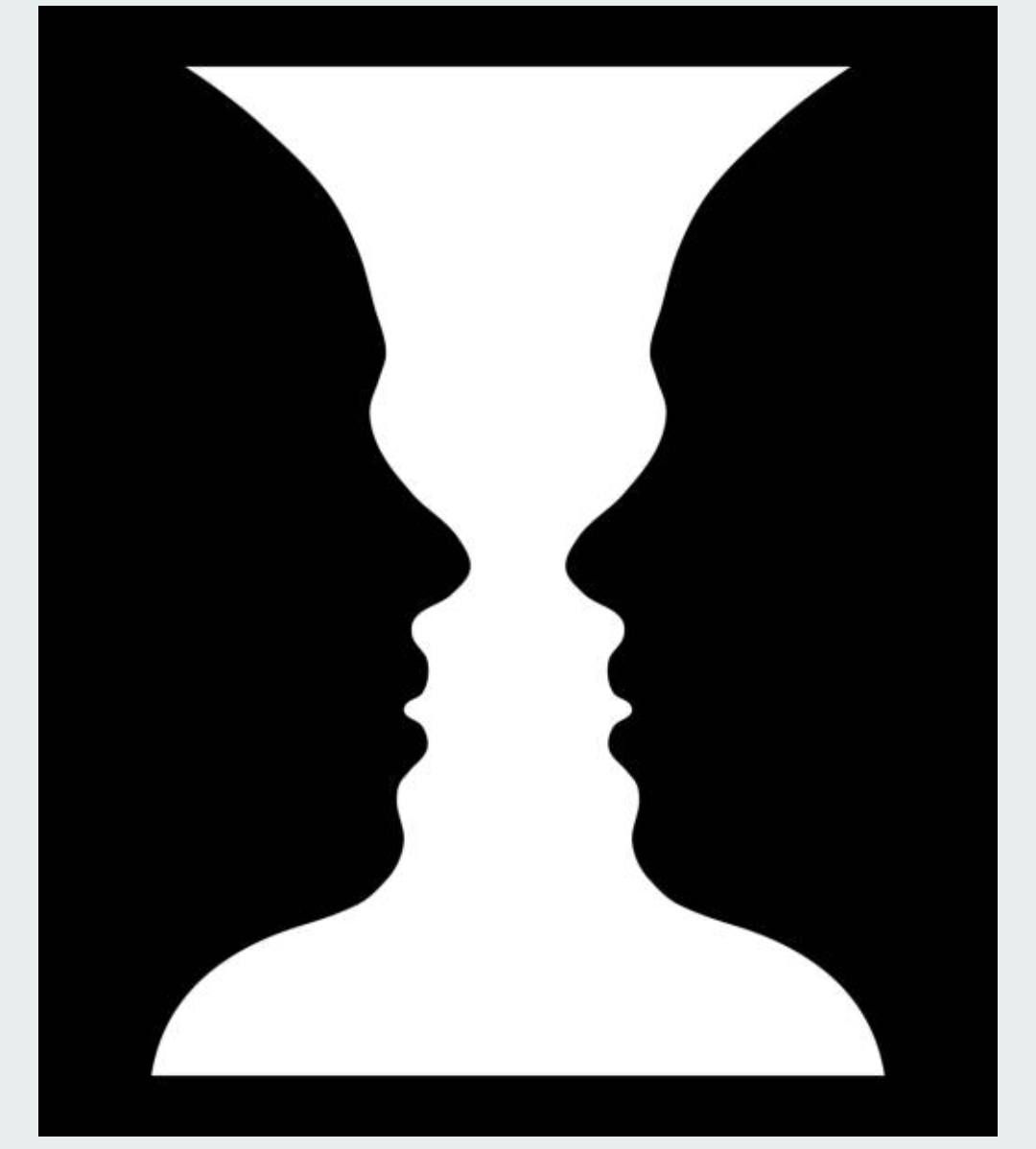What role does disagreement play in the good life? What does it mean to respect the perspectives and evidence of people who disagree with you? And how worried should we be about forming moral beliefs, political beliefs, or philosophical beliefs in an “echo chamber”? In this class, we’ll be considering the relationship between rationality, disagreement, and respect.
Read This:
Interactive Essay: John Stuart Mill’s On Liberty
Key Concepts:
- Argument by cases
- Epistemic relativism
Do This:
- Complete lessons 1-10 of thinkARGUMENTS by Saturday, October 18.
- Complete Map to the Good Life Activity #2 by Friday, October 17.
- Complete Argument Capstone 2 by Saturday, October 18.
Watch This:
Pre-Class Questions
Your responses to the following questions are due on Canvas before class. Your top 15 scores of the semester will count toward your final grade.
- In your own words, explain at least two benefits of seeking disagreement, according to Mill.
- Suppose you went to a party with people you knew only somewhat well and someone said something you thought was deeply offensive, wrong, or objectionable. Would you say anything? Why or why not? Based on today’s reading, what would Mill think of your answer? Explain.
Map to the Good Life
This prompt will be one of your options to address in Activity #2 of Map to the Good Life, which will be due on October 17.
Have a conversation of at least 20 minutes about a controversial topic you have a strong opinion about with someone who has the opposite opinion. Practice disagreeing respectfully by maintaining a respectful and open-minded attitude towards the other person and their views, and a willingness to listen and learn from them. Try to give a clear and honest expression of your own opinion and the reasons behind it, while also recognizing any valid points the other person has. After your conversation, write a reflection that addresses the following questions:
- What was the topic you discussed, and what was your position and the other person’s position on it?
- What, if anything, did you learn from the conversation, and how, if at all, did it challenge or change your opinion or perspective on the topic?
- Based on this experience, what is one specific thing you could do to improve your skills of disagreeing respectfully and productively in the future?























